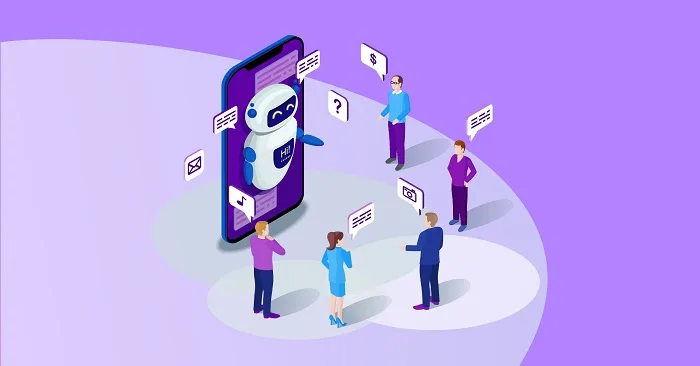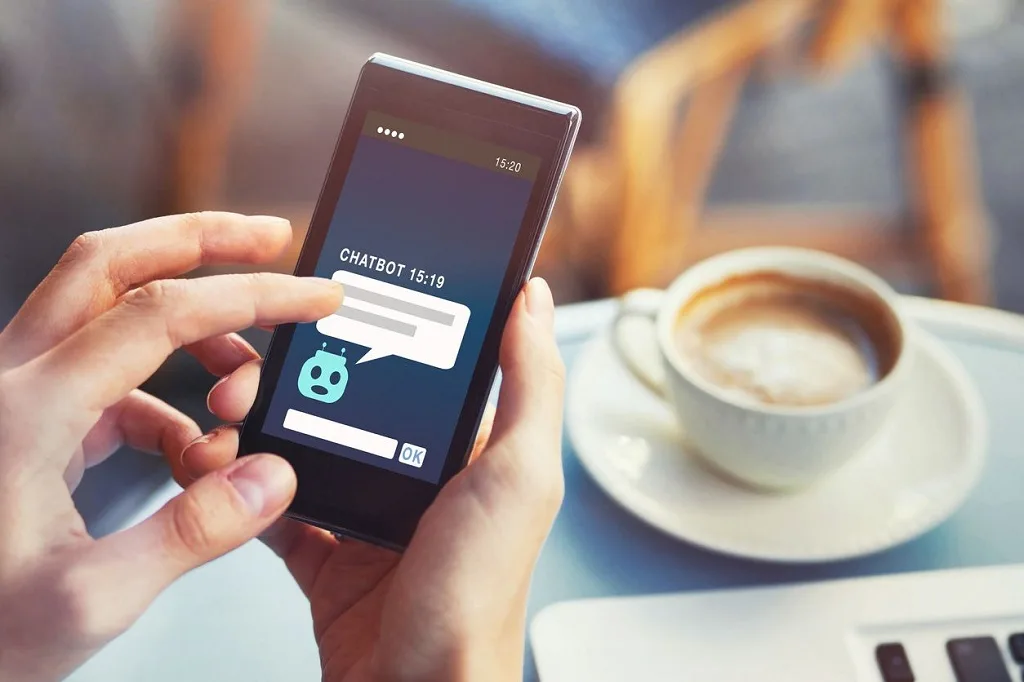
Unlocking the Potential of Chatbot Marketing for Your Business
In the dynamic world of digital marketing, leveraging innovative tools is crucial to staying ahead. Chatbots, automated conversational agents, have emerged as powerful assets in this landscape. This guide delves into chatbot marketing, exploring its types, functionalities, applications, and effectiveness. Designed for businesses aiming to enhance customer engagement and streamline operations, this comprehensive overview will equip you with the knowledge needed to implement and benefit from chatbot marketing.
What Type of Marketing is Chatbot Marketing?
Chatbot marketing is a subset of digital marketing that utilizes chatbots to engage with customers, automate communication, and drive conversions. These virtual assistants can be integrated into websites, social media platforms, and messaging apps, offering real-time, personalized interactions. Lead generation chatbots capture potential customer information, customer support chatbots handle inquiries, and content delivery chatbots share relevant updates and promotions, keeping customers informed and engaged.
How Does Chatbot Marketing Work?
Chatbot marketing operates through automated chat systems powered by artificial intelligence (AI) and natural language processing (NLP). These technologies enable chatbots to understand and respond to human language in a conversational manner. Once deployed, chatbots interact with users through text or voice, answer questions, provide recommendations, and guide users through various processes. Integration with customer relationship management (CRM) systems allows chatbots to access user data, ensuring personalized and contextually relevant interactions. This automation saves time and resources while ensuring consistent and accurate communication with customers.
Where Can Chatbot Marketing Be Used?
Chatbot marketing can be applied across various industries, including e-commerce, healthcare, finance, and hospitality. In e-commerce, chatbots assist customers in finding products, placing orders, and tracking shipments. Healthcare chatbots provide medical information and appointment scheduling. Financial institutions use chatbots for account management and transaction processing. In hospitality, chatbots handle bookings and enhance guest experiences. The versatility of chatbots makes them valuable tools in enhancing customer interaction and operational efficiency across diverse sectors.

Why Chatbot Marketing is Effective
Chatbot marketing is effective due to its ability to provide immediate, personalized, and consistent customer interactions. Unlike human agents, chatbots are available 24/7, ensuring that customer inquiries are addressed promptly. This round-the-clock availability enhances customer satisfaction and loyalty. Chatbots reduce operational costs by automating routine tasks, allowing human agents to focus on more complex activities. Additionally, chatbots collect and analyze customer data, providing valuable insights into customer behavior and preferences, enabling businesses to tailor their marketing strategies and improve overall engagement.
Implementing Chatbot Marketing
To implement chatbot marketing, businesses need to define their objectives and identify the specific functions the chatbot will perform. Selecting the right chatbot platform is crucial, whether it’s a simple rule-based chatbot or a more advanced AI-powered solution. Integration with existing systems such as CRM, e-commerce platforms, and customer support tools is essential for seamless operations. Designing the chatbot’s conversational flow involves scripting responses, creating a natural dialogue flow, and incorporating AI and NLP technologies to enhance understanding and interaction. Testing the chatbot extensively before deployment ensures a positive user experience.
